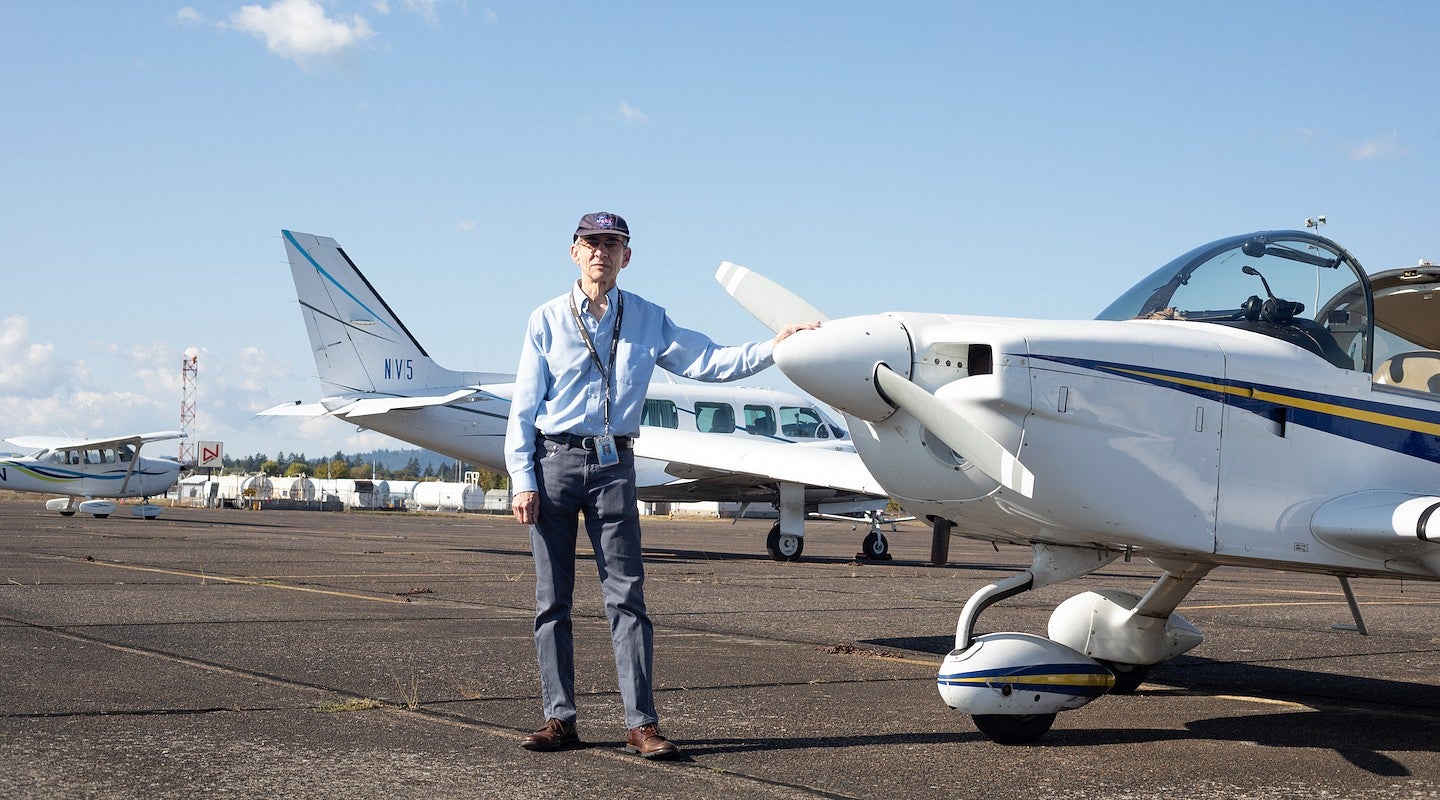
Problem solving on the global stage
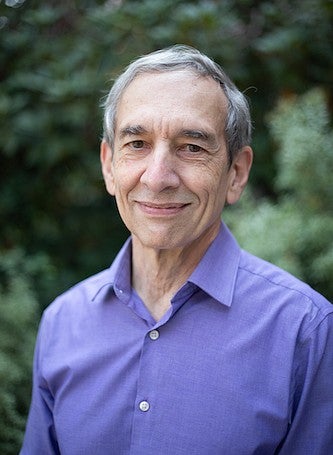
Teaching philosophy: A college professor is a coach. As a coach, I can teach skills, identify problems and suggest ways to fix them, point out new or different ways to approach issues, and try to inspire. But it is the student, not the coach, that performs.
What kind of plane do you fly: Grumman AA-5B "Tiger" with four seats
What inspires you: Many things. A beautiful hike, an insightful poem, an elegant theory, a kind human being.
How do you spend your free time: Hiking, flying, spending time with family and friends.
When people board an airplane, some cross their fingers and hope for the best. Others are confident they’ll land safely, but that confidence is sometimes questioned whenever the plane tilts just a bit erratically.
Robert Mauro, an associate professor of psychology at the Clark Honors College who specializes in aviation safety, views airplanes with an “X-ray vision.” As a licensed commercial pilot, he knows the science behind air travel like the back of his hand. And he encourages people to think with reasoning, not with worry.
“Bumping around isn’t going to make airplanes fall out of the sky. For that matter, it can lose an engine and it will still fly,” he says.
For Mauro, it’s the numbers that keep him at ease. For example, his work with one major U.S. airline “reduced errors by 80 percent.” The odds of being killed in a plane crash are about 1 in 11 million.
This fall, Mauro joined the Honors College as a core faculty member. His classes, he says, will introduce students to using scientific thinking in all aspects of life. “I tend to be interdisciplinary in the way I think,’ he says. “I’m not an artist, except in the art of doing science.”
His research specializes in decision-making, risk assessment, and human emotion and how these apply to fields such as aviation safety and psychology and law. Throughout his career, Mauro has made it his personal mission to solve issues that help people on a large scale.
“I cannot remember when I didn’t want to do something that had an impact,” he says. “I found myself feeling fulfilled by doing things where I can actually see the results.”
He has worked with NASA and major airlines around the world on aviation safety. He’s partnered on legal cases with national organizations. And he’s brought his skills to a variety of agencies to address issues dealing with psychology and law.
A life with meaning
Mauro fondly looks back to his junior high experience when he came across the first thing that truly fascinated him: Microbe Hunters, a book about microbiologists.
“I was just fascinated by the stories,” he recalls. “Here’s a disease. What causes it? How do we solve it? Part of the fascination is trying to figure out the problem. Not only is it fun to do but it can have a tremendous impact.”
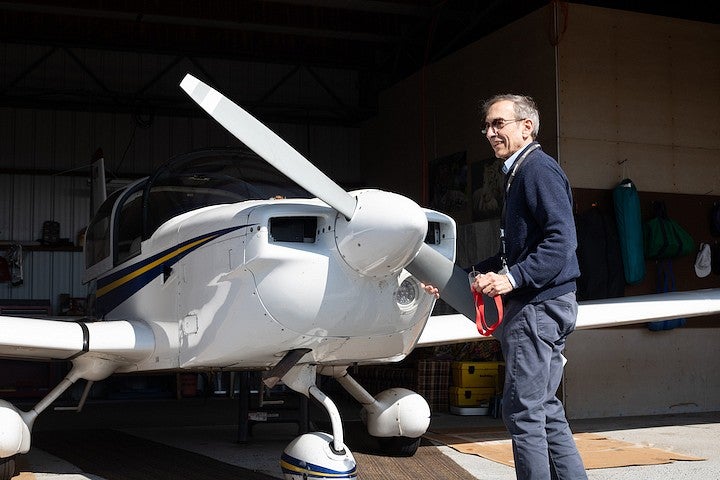
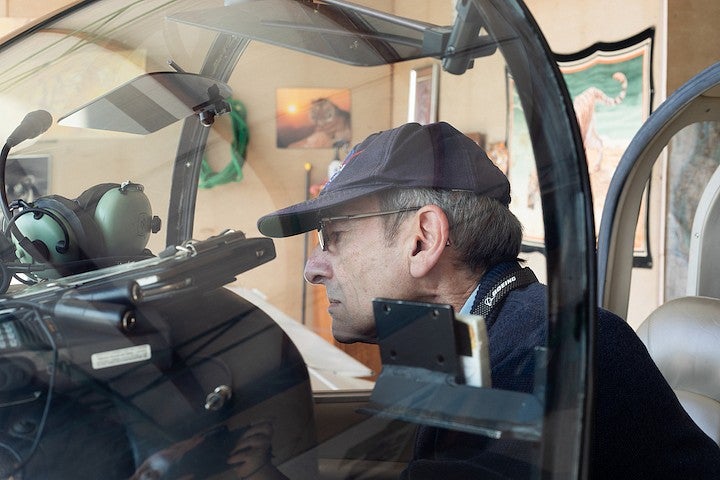
Flying his plane in his down time gives Mauro a sense of freedom. The son of Italian immigrants attended Stanford and Yale for sociology and psychology.
He grew up in Los Angeles, the son of Italian immigrants. His father worked in a factory and his mother was a stay-at-home mom who custom-tailored clothes from scratch to make money. “Education wasn’t important to my family,” says Mauro, “but what was important was answering the questions ‘How are you going to make your way through the world? How are you going to support yourself?’”
As a child, he often reflected on his place in the world.
“I knew I was a lousy salesman, and I wasn’t a great athlete,” he says. “What I was pretty darn good at was books,” says Mauro. “At that age, the issue of what I’m going to do with my life was not being drilled into us in elementary school. But I knew that I didn’t want to work in a factory like my dad.”
He attended Stanford University on scholarships and work-study. In his first year, he remembers being assigned to a seminar for students without declared majors led by the director of the career planning and placement office. The university’s president was there and asked students the question: “What do you want for your life personally?”
The students, for the most part, agreed that having a lot of money wasn’t a driving factor, and Mauro thought this fit in with his beliefs. But he would learn that many of his classmates were wealthy – hailing from families that sent them to expensive prep schools and on vacations to Europe – and didn’t have to think about money.
“I didn’t quite realize until that seminar just how different my view of the world – what it meant to not have a lot of money – was from theirs,” he recalls. “I didn’t fit in, but I thought I should. This, of course, feeds into my interest in psychology because realizing and understanding our differences is a problem we all have to solve in some way.”
Doing ‘the right thing’
Mauro graduated with a bachelor’s degree in sociology and went to Yale where he received a master’s degree in psychology before returning to Stanford for a PhD.
Phoebe Ellsworth met Mauro at Yale and was his graduate school advisor. Eventually, Ellsworth got a teaching position at Stanford and convinced Mauro to return to California to finish his graduate studies.
“Robert has always gone his own way,” she says. “He has studied perspectives and theories that weren’t really mainstream back then. The psychology of aviation…in academia, nobody had ever really heard of that before Robert got going on it. He was never afraid to study topics that weren’t trendy at the time. That is one of his strongest points as a person.”
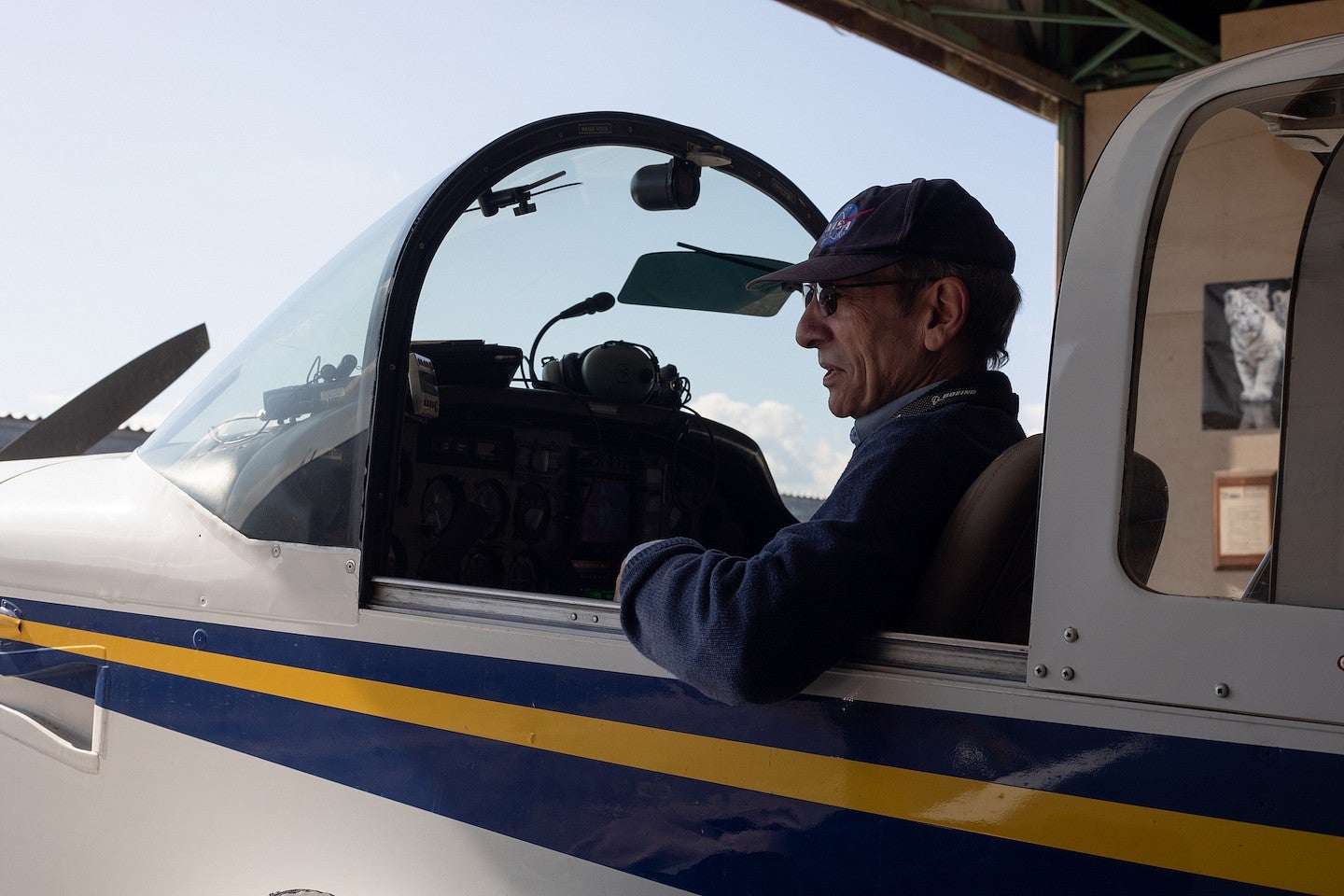
He also built an interest in law, teaming with Samuel Gross, who worked as a lawyer at Yale. Together, they helped the NAACP Legal Defense Fund on a case from Georgia – McCleskey v. Kemp – that reached the U.S. Supreme Court. The NAACP wanted to bring to light how discrimination in capital sentencing was disproportionately impacting Black people.
“I did a lot of work trying to make absolutely sure that there was no way you could challenge the statistical analysis,” says Mauro. “We were trying to demonstrate that it wasn’t that the prosecutor, the jury or the judge that was discriminating. It’s that the system keeps discriminating. There’s something fundamentally wrong with the system.”
Despite the clear evidence and precedents, the court decided 5-4 in favor of Georgia. “You won’t win every battle,” says Mauro, who co-authored a book with Gross about their work. “And sometimes you win by losing.”
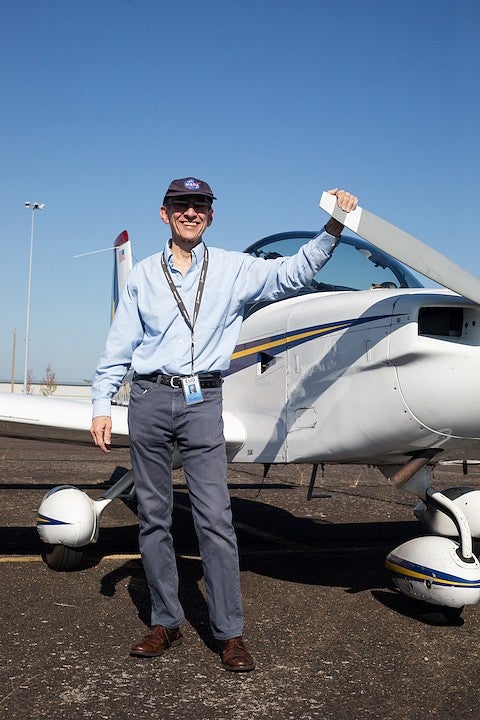
Gross and Mauro’s work did not go to waste. Because of the court’s incongruous decision in McCleskey, many states and the federal government were spurred into taking action against discrimination in capital sentencing. Though it was only a fraction of the movement pushing against racial discrimination in America’s legal system, that was more than enough for Mauro because he was part of “doing the right thing.”
Let your values be your guide
These days, Mauro can be found sitting at his desk next to a long shelf filled with books with names like “Say it With Figures.” With the term underway, he smiles about teaching Honors College students.
“Every single Honors College student I’ve worked with has their heart in the right place. I think they want to do what I want to do, which is to see if they can make the world a little better,” he says.
In his classroom, he wants to expand on the psychological meaning behind anything from numbers to decision making. “Making Mistakes and Creating Catastrophes,” “Psychology of Fascism,” and “Law, Science and Morality” are some of the classes he plans to teach at the Honors College.
“People differ in what they think is the right thing to do. But for a lot of us, it’s that you want to at least do no harm and be fair,” says Mauro. “If you flip it the other way around, it’s helping people, not just avoiding doing harm. It’s trying to help them live and grow and to be fair in how you treat them.”
He is also continuing his aviation safety research, tackling issues surrounding the two deadly crashes in 2018 and 2019 of the then-brand new Boeing 737 MAX.
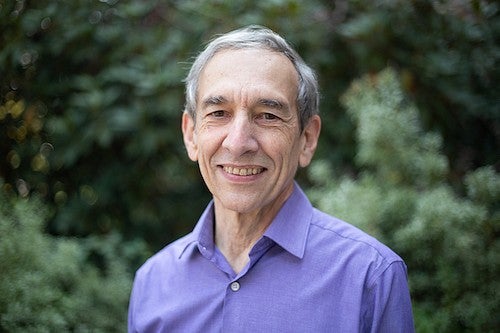
For Mauro, science doesn’t only exist in research labs. Rather, it lives in the way humans navigate the world. You don’t have to wear a white lab coat to think like a scientist. It’s all about reaching a level of understanding by thinking about why you are doing what you are doing and the impact that you have.
“Whatever field you are in, you can ask yourself ‘Why did I do this?’ and don’t be satisfied with the first thing that comes into your head,” he says. “You don’t need to know the latest research in a particular area. You need to know some basic principles and one of them is to question yourself. What is it that you’re doing, why are you doing it, and does it align with your values?”
